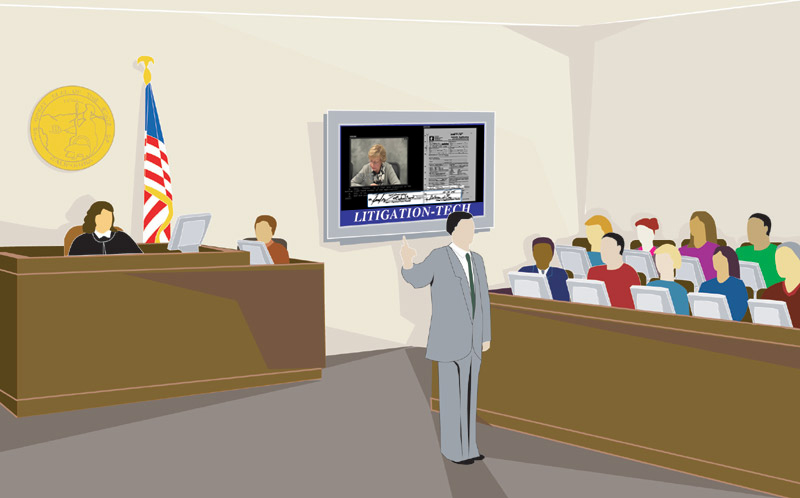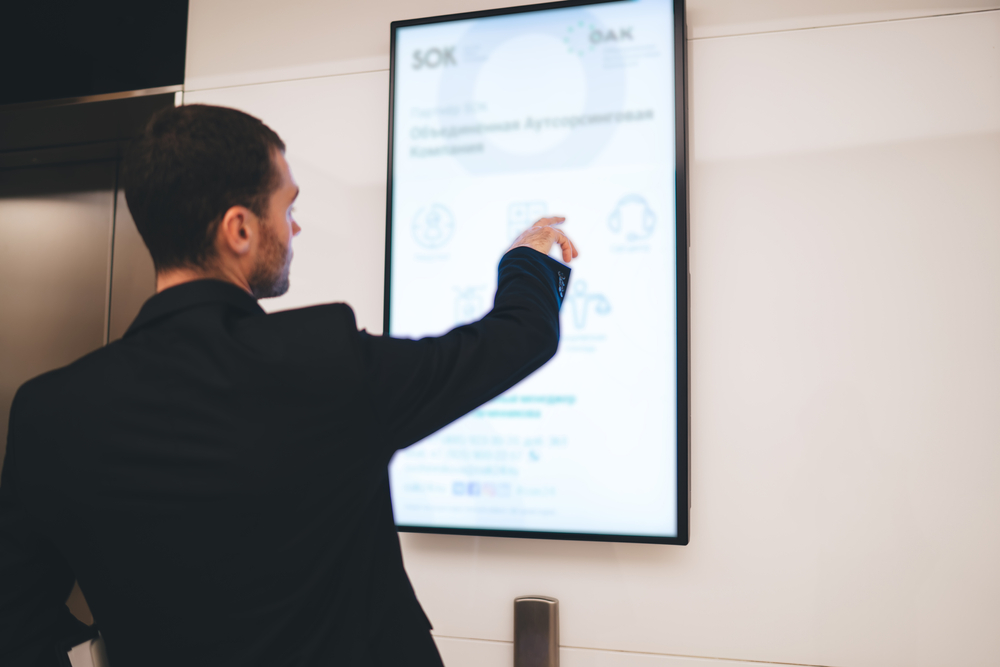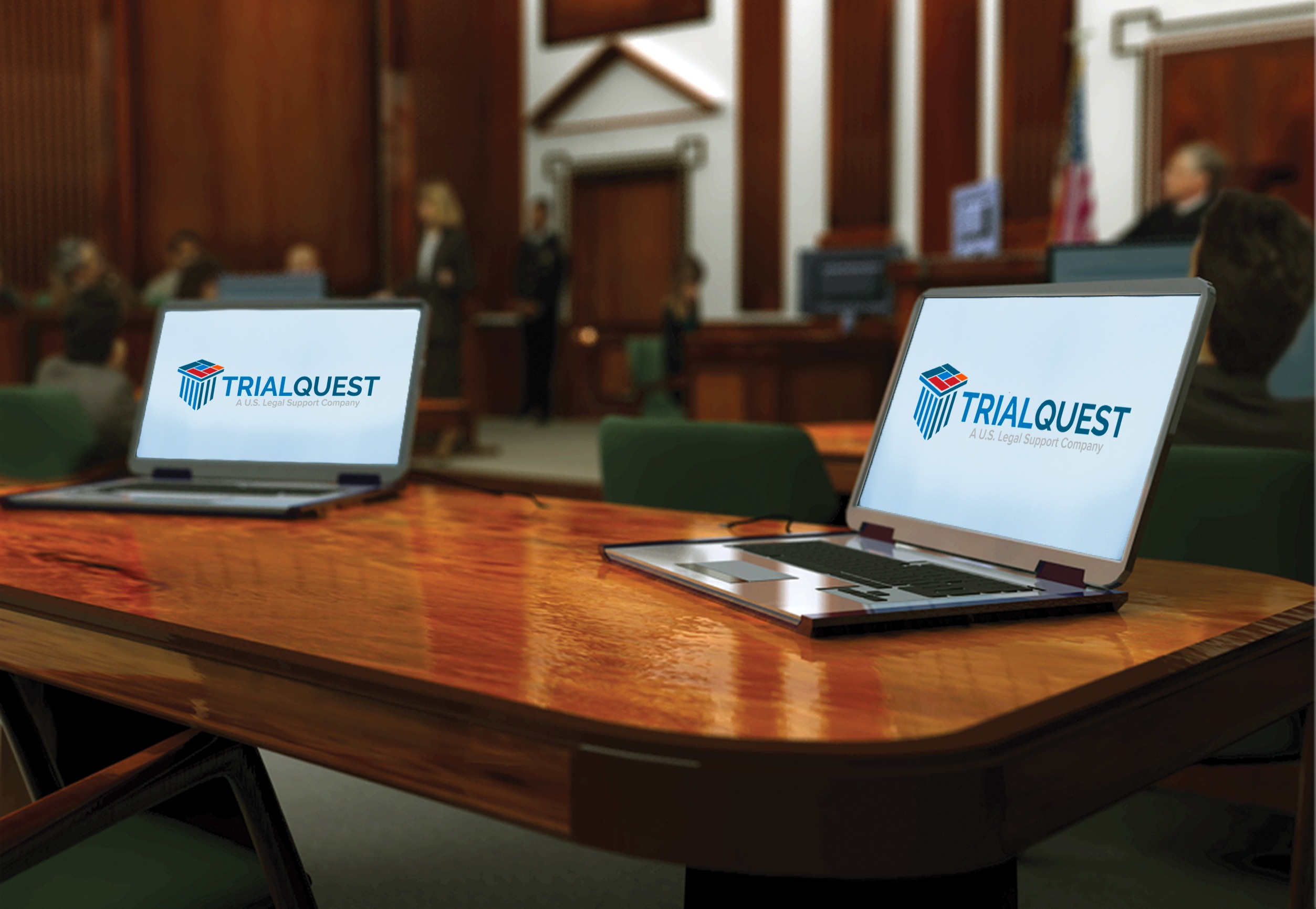The Power of Visuals in Test Presentations for a Winning Disagreement
The combination of visuals in test presentations has arised as a vital factor in successfully connecting complex disagreements to jurors. By making use of numerous kinds of visual aids-- be it diagrams, photos, or computer animations-- lawyers can boost understanding and retention, inevitably forming the jury's perception of the situation.
Relevance of Visuals in Tests
In many legal setups, visuals play a critical role in enhancing the effectiveness of trial presentations. The combination of aesthetic elements can substantially influence jurors' understanding and retention of intricate information, therefore forming their perceptions and decisions. Visuals, such as graphes, diagrams, and pictures, can streamline detailed stories, making them much more obtainable and engaging.
Additionally, the human mind procedures visual information a lot more effectively than message, which underscores the value of integrating visuals right into lawful arguments. By translating thick legal concepts into aesthetic layouts, attorneys can help with clearer communication, guaranteeing that crucial points are not overlooked during tests.
Furthermore, visuals serve to involve jurors on a psychological level, cultivating a link to the case that words alone might fail to attain. The tactical usage of visuals can evoke compassion, triggering jurors to consider the human elements of the instance.
Eventually, the importance of visuals in trials depends on their capability to enhance clearness, boost juror interaction, and enhance the narrative existing. This potent combination is important for crafting influential disagreements that reverberate with jurors and influence the end result of legal procedures.
Sorts Of Visuals to Utilize
Reliable trial presentations can substantially benefit from a variety of visual devices that accommodate different elements of the situation. trial presentations. Making use of diagrams and charts can successfully damage down complex information, making it a lot more absorbable for jurors. Flowcharts can illustrate the sequence of events, while bar graphs might succinctly contrast pertinent information factors.

Animations and simulations can also play a crucial function, specifically in cases including technological data or elaborate situations. These visuals can dynamically stand for processes or actions, supplying quality and engagement that static pictures might not attain.
In addition, infographics incorporate message and visuals to sum up essential information efficiently. They can provide timelines, stats, and considerable situation points in an aesthetically enticing fashion, making it less complicated for jurors to adhere to the debate.
Enhancing Understanding and Retention

Enhancing comprehension and retention throughout test discussions is vital for making sure that jurors comprehend the vital aspects of a situation. Visual aids work as powerful devices in this respect, equating complicated information into easily absorbable layouts. By using charts, representations, and infographics, attorneys can streamline detailed information and emphasize crucial factors that may otherwise be overlooked.
Researches have shown that individuals preserve info considerably much better when it is offered visually. This is specifically essential in a test setting, where jurors might be overwhelmed by the volume of proof and testimony. By purposefully integrating visuals, attorneys can route jurors' attention to one of the most vital elements of the instance, strengthening their understanding and memory of the material presented.

Developing Engaging Discussions
Fascinating jurors' attention throughout trial discussions is crucial for communicating an engaging narrative. Involving discussions utilize visual elements to develop a remarkable experience that resonates with jurors. The strategic use graphics, computer animations, and videos can clarify complicated details, making it a lot more accessible and relatable.

Furthermore, incorporating narration techniques can click this link improve engagement. Offering evidence in a sensible sequence that constructs sob story allows jurors to get in touch with the material on an individual level. Diverse discussion styles, such as including short video clip clips or interactive elements, can likewise sustain rate of interest and focus throughout the trial.
Inevitably, an engaging discussion cultivates a much more extensive understanding of the case, allowing jurors to much better appreciate the disagreements being presented and causing an extra beneficial end result.
Study and Success Stories
Many study highlight the substantial influence of visuals in trial presentations, showing their capacity to influence juror perceptions and inevitably the outcomes of situations. A noteworthy situation entailing an individual injury case highlighted just how the use of a 3D animation of the accident scene clarified complicated details. Jurors reported feeling more educated and compassionate, dramatically guiding their choice in support of the plaintiff.
In another instance, a corporate litigation case utilized infographics to present financial data and timelines, making intricate information accessible. The visual depiction enabled jurors to grasp the subtleties of the case better than verbal explanations alone. trial presentations. Because of this, the court returned a decision that surpassed the client's expectations
Moreover, a criminal protection situation utilized photographs and video clip proof to establish an alibi. The compelling visuals not just assisted in creating uncertainty however likewise resonated psychologically with jurors, causing an acquittal. These success tales emphasize the requirement of integrating visuals right into test presentations, as they boost understanding, retention, and eventually, the persuasive power of lawful disagreements. The tactical usage of visuals is undeniably changing the landscape of trial advocacy.
Verdict
In final thought, the tactical my site unification of visuals in trial discussions substantially enhances jurors' comprehension and retention of complicated information. By using various sorts of visuals, lawyers can efficiently make clear essential factors and foster psychological connections with the audience. Involving discussions, supported by engaging study, demonstrate the profound influence that visuals can have on convincing interaction. Ultimately, the power of visuals works as an important aspect in achieving beneficial test outcomes.